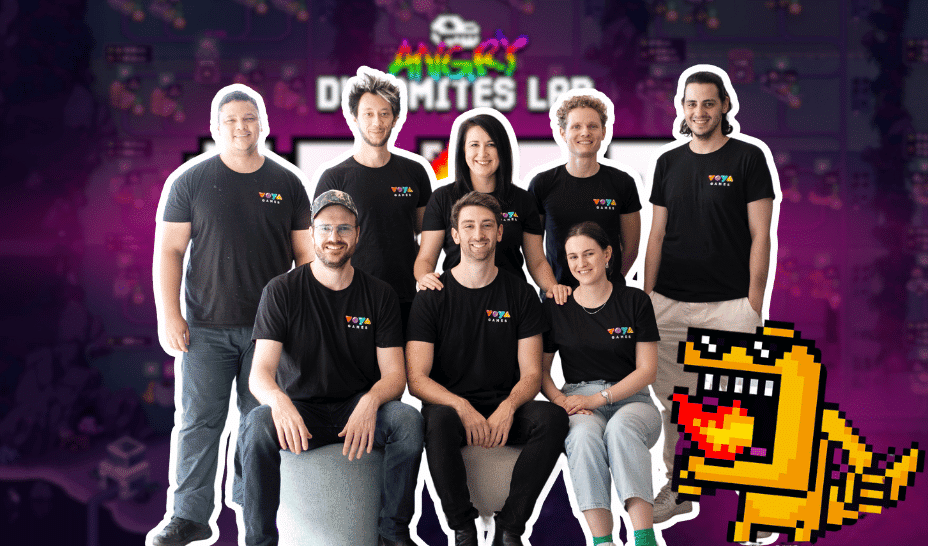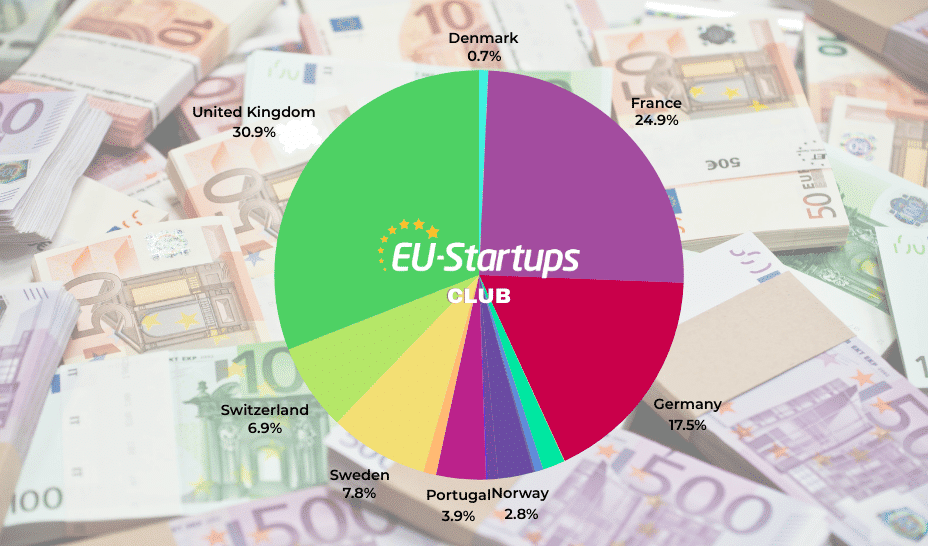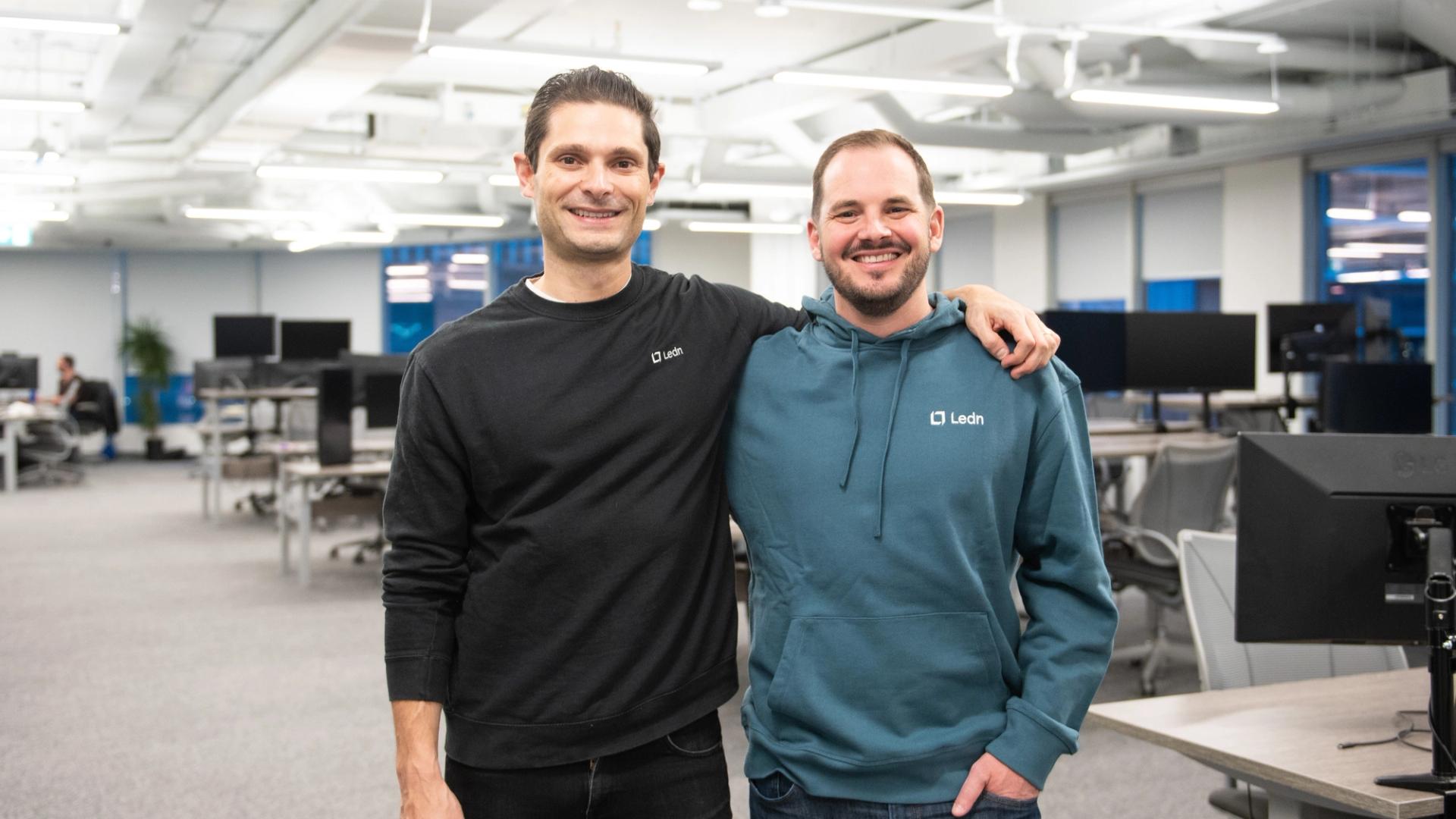The Download: meet Cathy Tie, and Anthropic’s new AI models
This is today’s edition of The Download, our weekday newsletter that provides a daily dose of what’s going on in the world of technology. Meet Cathy Tie, Bride of “China’s Frankenstein” Since the Chinese biophysicist He Jiankui was released from prison in 2022, he has sought to make a scientific comeback and to repair his reputation after…

This is today’s edition of The Download, our weekday newsletter that provides a daily dose of what’s going on in the world of technology.
Meet Cathy Tie, Bride of “China’s Frankenstein”
Since the Chinese biophysicist He Jiankui was released from prison in 2022, he has sought to make a scientific comeback and to repair his reputation after a three-year incarceration for illegally creating the world’s first gene-edited children.
One area of visible success on his come-back trail has been his X.com account. Over the past few years, his account has evolved from sharing mundane images of his daily life to spreading outrageous, antagonistic messages. This has left observers unsure what to take seriously.
Last month, in reply to MIT Technology Review’s questions about who was responsible for the account’s transformation into a font of clever memes, He emailed us back: “It’s thanks to Cathy Tie.”
Tie is no stranger to the public spotlight. A former Thiel fellow, she is a partner in a project which promised to create glow-in-the-dark pets. Over the past several weeks, though, the Canadian entrepreneur has started to get more and more attention as the new wife to He Jiankui. Read the full story.
—Caiwei Chen & Antonio Regalado
Anthropic’s new hybrid AI model can work on tasks autonomously for hours at a time
Anthropic has announced two new AI models that it claims represent a major step toward making AI agents truly useful.
AI agents trained on Claude Opus 4, the company’s most powerful model to date, raise the bar for what such systems are capable of by tackling difficult tasks over extended periods of time and responding more usefully to user instructions, the company says.
They’ve achieved some impressive results: Opus 4 created a guide for the video game Pokémon Red while playing it for more than 24 hours straight. The company’s previously most powerful model was capable of playing for just 45 minutes. Read the full story.
—Rhiannon Williams
The FDA plans to limit access to covid vaccines. Here’s why that’s not all bad.
This week, two new leaders at the US Food and Drug Administration announced plans to limit access to covid vaccines, arguing that there is not much evidence to support the value of annual shots in healthy people. New vaccines will be made available only to the people who are most vulnerable—namely, those over 65 and others with conditions that make them more susceptible to severe disease.
The plans have been met with fear and anger in some quarters. But they weren’t all that shocking to me. In the UK, where I live, covid boosters have been offered only to vulnerable groups for a while now. And the immunologists I spoke to agree: The plans make sense. Read the full story.
—Jessica Hamzelou
This article first appeared in The Checkup, MIT Technology Review’s weekly biotech newsletter. To receive it in your inbox every Thursday, and read articles like this first, sign up here.
The must-reads
I’ve combed the internet to find you today’s most fun/important/scary/fascinating stories about technology.
1 Thousands of Americans are facing extreme weather
But help from the federal government may never arrive. (Slate $)
+ States struck by tornadoes and floods are begging the Trump administration for aid. (Scientific American $)
2 Spain’s grid operator has accused power plants of not doing their job
It claims they failed to control the system’s voltage shortly before the blackout. (FT $)
+ Did solar power cause Spain’s blackout? (MIT Technology Review)
3 Google is facing a DoJ probe over its AI chatbot deal
It will probe whether Google’s deal with Character.AI gives it an unfair advantage. (Bloomberg $)
+ It may not lead to enforcement action, though. (Reuters)
4 DOGE isn’t bad news for everyone
These smaller US government IT contractors say it’s good for business—for now. (WSJ $)
+ It appears that DOGE used a Meta AI model to review staff emails, not Grok. (Wired $)
+ Can AI help DOGE slash government budgets? It’s complex. (MIT Technology Review)
5 Google’s new shopping tool adds breasts to minors
Try it On distorts uploaded photos to clothing models’ proportions, even when they’re children. (The Atlantic $)
+ It feels like this could have easily been avoided. (Axios)
+ An AI companion site is hosting sexually charged conversations with underage celebrity bots. (MIT Technology Review)
6 Apple is reportedly planning a smart glasses product launch
By the end of next year. (Bloomberg $)
+ It’s playing catchup with Meta and Google, among others. (Engadget)
+ What’s next for smart glasses. (MIT Technology Review)
7 What it’s like to live in Elon Musk’s corner of Texas
Complete with an ugly bust and furious locals. (The Guardian)
+ West Lake Hills residents are pushing back against his giant fences. (Architectural Digest $)
8 Our solar system may contain a hidden ninth planet
A possible dwarf planet has been spotted orbiting beyond Neptune. (New Scientist $)
9 Wikipedia does swag now
How else will you let everyone know you love the open web? (Fast Company $)
10 One of the last good apps is shutting down
Mozilla is closing Pocket, its article-saving app, and the internet is worse for it. (404 Media)
+ Parent company Mozilla said the way people use the web has changed. (The Verge)
Quote of the day
“This is like the Mount Everest of corruption.”
—Senator Jeff Merkley protests outside Donald Trump’s exclusive dinner for the highest-paying customers of his personal cryptocurrency, the New York Times reports.
The iPad was meant to revolutionize accessibility. What happened?
On April 3, 2010, Steve Jobs debuted the iPad. What for most people was basically a more convenient form factor was something far more consequential for non-speakers: a life-changing revolution in access to a portable, powerful communication device for just a few hundred dollars.
But a piece of hardware, however impressively designed and engineered, is only as valuable as what a person can do with it. After the iPad’s release, the flood of new, easy-to-use augmentative and alternative communication apps that users were in desperate need of never came.
Today, there are only around half a dozen apps, each retailing for $200 to $300, that ask users to select from menus of crudely drawn icons to produce text and synthesized speech. It’s a depressingly slow pace of development for such an essential human function. Read the full story.
—Julie Kim
We can still have nice things
A place for comfort, fun and distraction to brighten up your day. (Got any ideas? Drop me a line or skeet ’em at me.)
+ Dive into the physics behind the delicate frills of Tête de Moine cheese shavings.
+ Our capacity to feel moved by music is at least partly inherited, apparently.
+ Kermit the frog has delivered a moving commencement address at the University of Maryland.
+ It’s a question as old as time: are clowns sexy?  Read More
Read More














.png)




































![[Weekly funding roundup May 17-23] VC inflow remains steady](https://images.yourstory.com/cs/2/220356402d6d11e9aa979329348d4c3e/Weekly-funding-1741961216560.jpg)











































































































































